Ordinarily Available Inclusive Mainstream Practice
The Local Authority, Schools and other key partners have worked together to produce a document which sets out what provision should be made ordinarily available in mainstream schools for children and young people with additional needs. This is part of our graduated approach ensuring that needs are identified and met at the earliest opportunity allowing the majority of children and young people to continue to be educated in their local schools alongside their friends.
Download the Ordinarily Available Inclusive Mainstream Practice .
SEN Support
Children and Young People with an identified special educational need may be registered at SEN Support in school or college. This means the child or young person may require help that is additional to or different from the support generally given to most of the children of the same age.
The purpose of SEN Support is to help children and young people achieve outcomes or learning objectives set for them by the school in conjunction with parents and the pupils themselves.
If you think your child has a special educational need that has not been identified by their school or nursery, you should talk to your child’s teacher, or ask to see the Special Educational Needs and Disability Coordinator (SENCO), (this is the person in school who has particular responsibility for coordinating help for children with special educational needs) or Headteacher. You will be able to talk about your concerns and find out what the school thinks.
Working together with your child’s teachers will often help to sort out worries and problems. The closer you work with them, the more successful any help for your child can be.
All early years settings, schools, academies and colleges are responsible for meeting special educational needs. This can be done through quality first teaching and through teaching that is adapted and personalised for individual children. Some children will need support that is additional to, or different from, what is provided for most of their peers. This kind of help is called special educational provision and education settings must make every effort to ensure that this is in place for children who need it.


